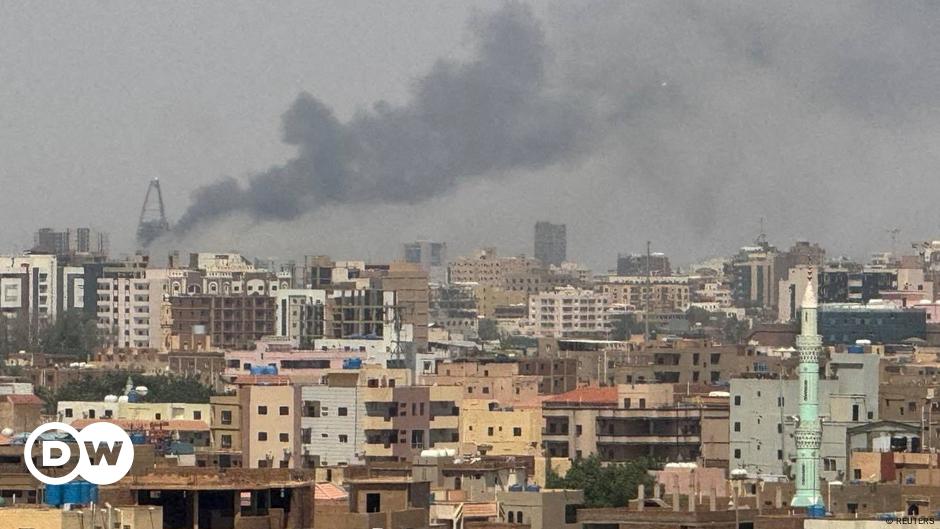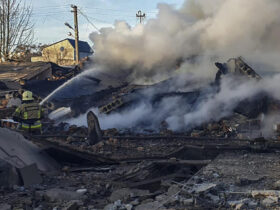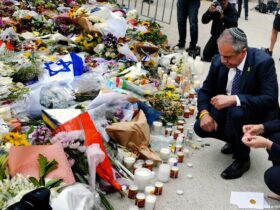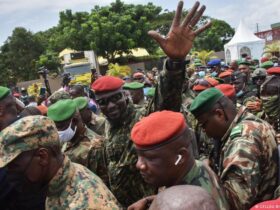The United States on Thursday announced sanctions against Sudanese armed forces leader Abdel Fattah al-Burhan.
Sudan’s army chief has been accused of blocking humanitarian aid and attacking schools, markets and hospitals in a conflict that has created the world’s largest displacement crisis.
“Burhan has refused to participate in international peace talks to end the fighting and has chosen war rather than good-faith negotiations and de-escalation,” the US Treasury Department said in a statement.
Foreign Ministry calls US sanctions ‘immoral’
In response, Sudan’s military-aligned Foreign Ministry called the sanctions “immoral”, and said they “lack the most basic foundations of justice and transparency.”
The ministry also said in a statement that Burhan was “defending the Sudanese people against a genocidal conspiracy.”
It also said that “a flawed decision cannot be justified by claiming neutrality.”
US sanctions also imposed on RSF leader
Two sources familiar with the matter told Reuters news agency that one goal of Thursday’s sanctions was to show that the US is not taking sides.
The measures against Burhan were announced just a week after Washington imposed sanctions on his rival, Rapid Support Forces (RSF) chief Mohammed Hamdan Dagalo.
The US accused Daglo and the RSF of committing “genocide” in Sudan’s Darfur region.
“Overall, these sanctions underscore the U.S. view that no one is fit to govern a future peaceful Sudan,” outgoing U.S. Secretary of State Antony Blinken said in a statement.
The extent of Sudan’s humanitarian crisis
Sudan has been embroiled in war since April 2023.
Thousands of people were killed in the conflict, more than 12 million were displaced, and hundreds of thousands became vulnerable to famine.
According to the UN-supported Integrated Food Security Phase Classification initiative, more than 24.6 million people – almost half of Sudan’s population – are facing “high levels of severe food insecurity”.
ESS/SMS (Reuters, AP, AFP)






Leave a Reply